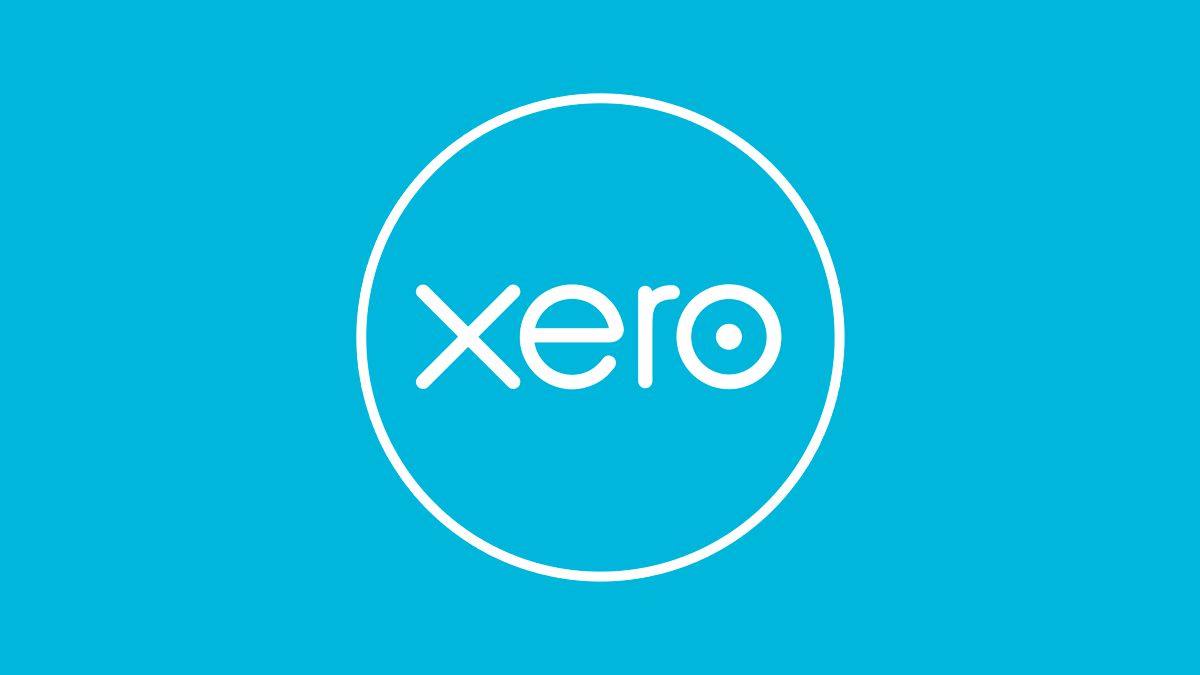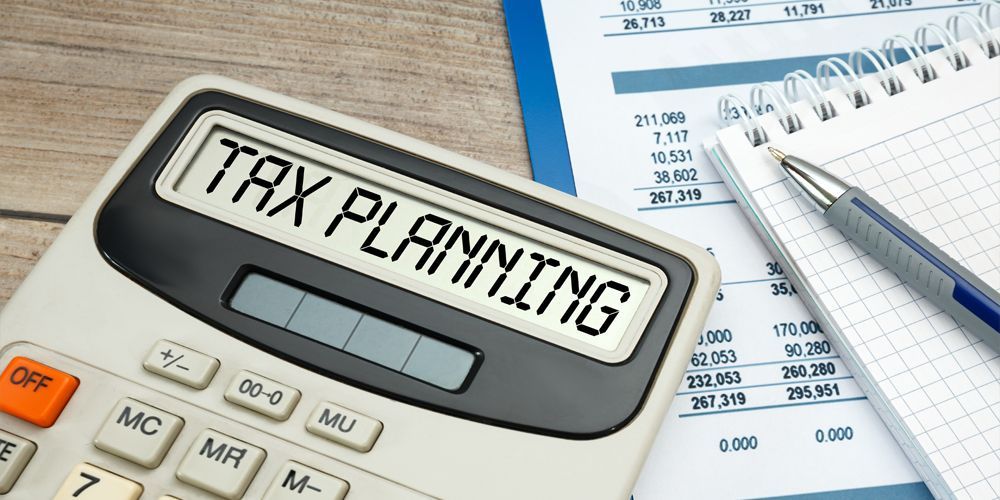By Jarrod Kemp
•
March 3, 2026
If you’re a business owner, there’s a good chance your financial statements, produced through your accounting software subscription, get a quick glance, but not the attention they deserve. The truth is, financial reports aren’t just compliance documents. They’re meant to help you make better decisions, spot problems early, and feel more in control of your business. You don’t need to understand every accounting rule. You just need to know what actually matters. Let’s break it down. The Profit & Loss: “Am I Making Money… and Is It Worth It?” The Profit & Loss (P&L) shows how your business performed over a period — usually a year. Most people jump straight to the bottom line. That’s understandable, but it’s also where mistakes happen. What to focus on as a business owner: Revenue Is revenue growing, flat, or declining? Is growth coming from more customers, higher prices, or both? Gross Profit Revenue minus direct costs. A shrinking gross margin is often an early warning sign — even if revenue is rising. Operating Expenses Are expenses increasing faster than revenue? Which costs are fixed, and which should move with sales? Net Profit Profit is important, but don’t assess it in isolation. A profitable business can still struggle if margins are thin or costs are poorly controlled. A good question to ask yourself: Where is the business making money easily, and where does it feel like hard work? The Balance Sheet: “How Strong Is My Business Right Now?” The balance sheet doesn’t get much love, but it should. It’s a snapshot of what your business owns and owes at a fixed point in time. In simple terms: Assets : cash, money owed to you, stock, equipment Liabilities : loans, tax, super, supplier bills Equity : what’s left over after everything’s paid What really matters here: Do you have enough cash, or is it all tied up in invoices and stock? Are customers taking longer to pay? Are short-term debts starting to pile up? Ask yourself: If sales slowed tomorrow, how comfortable would I be? The Cash Flow Statement: Where the Money Actually Went Cash flow explains why your bank balance changed, even if profit looked healthy. This is where many business owners have their “aha” moment. Why profit doesn’t equal cash: Invoices raised but not yet paid Loan repayments (not an expense, but a cash drain) Equipment purchases Tax and super payments A cash flow statement helps you see whether cash is being generated by: Core operations Borrowing Asset sales Business-owner question to ask: Is the business funding itself, or relying on debt and timing? Five Simple Questions That Matter More Than the Numbers Instead of staring at reports, start here: Is revenue growing in a healthy way? Are margins improving or slipping? What costs are quietly creeping up? Is cash flow predictable or always stressful? What does this tell me to do next? If your reports don’t help answer these, they’re not being used properly. Using Your Numbers to Make Real Decisions Your financial statements should help you: Price your work properly Decide when to hire Know when to invest (and when not to) Avoid nasty cash surprises Feel more confident about where the business is heading If you’re only looking at them once a year for tax, you’re missing most of their value. Final Thought You don’t need to become an accountant. You just need to stop treating your numbers like a foreign language. The goal isn’t perfection — it’s understanding. And often, the difference between a stressed business owner and a confident one isn’t how much they earn, it’s how well they understand what the numbers are trying to tell them. If you’d like to start using your financial statements and business data more effectively but aren’t sure where to begin, please feel free to contact our office to discuss this further.






